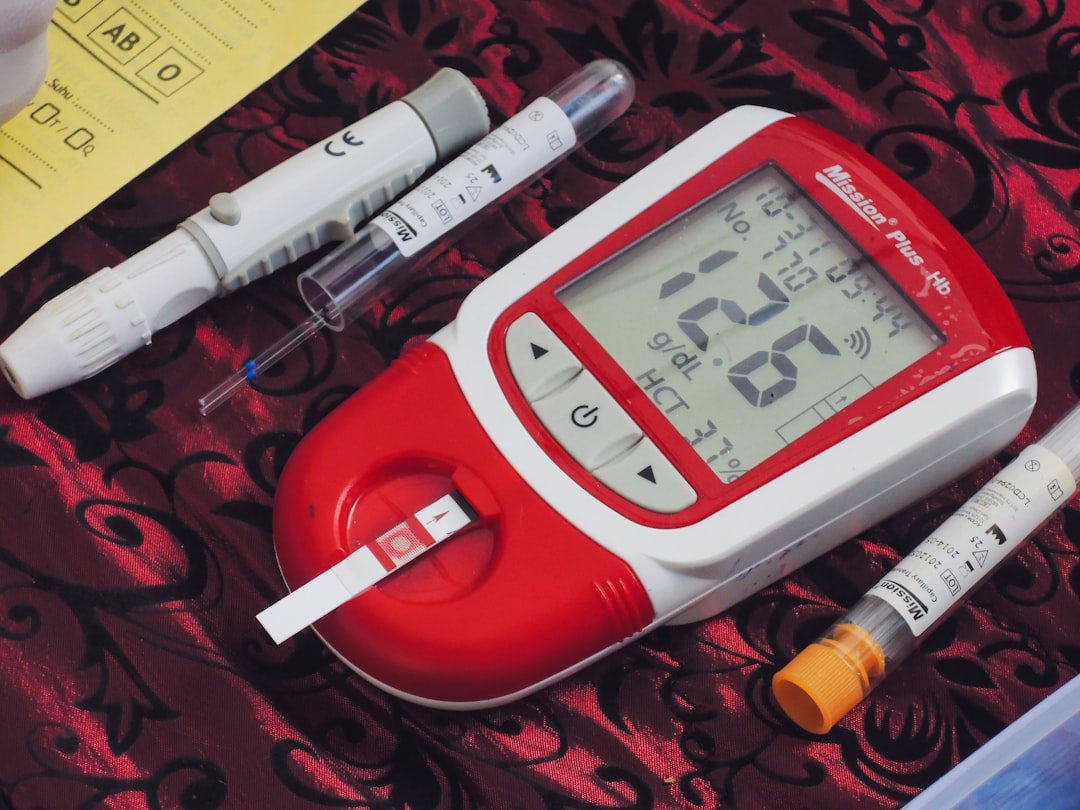
FDA Enhances Medical Device Recall Communications with Fresenius Kabi Update
The FDA has issued an updated alert regarding infusion pump issues from Fresenius Kabi USA, marking a significant step in the agency’s Communications Pilot to Enhance the Medical Device Recall Program. This development offers critical insights for medical device manufacturers about evolving FDA communication strategies and post-market surveillance expectations.
Understanding the Enhanced Recall Communication Framework
The FDA’s Communications Pilot represents a fundamental shift in how the agency approaches medical device recall notifications. This initiative aims to provide more timely, comprehensive, and actionable information to healthcare providers and patients during device safety events.
Key features of this enhanced approach include:
- Real-time updates on ongoing safety investigations
- More detailed technical information about device failures
- Clearer guidance for healthcare facilities and clinicians
- Improved coordination between FDA and manufacturers during recall events
Infusion Pump Safety: A Critical Focus Area
Infusion pumps represent one of the highest-risk medical device categories, with the FDA receiving thousands of adverse event reports annually. Common issues include:
- Software malfunctions leading to incorrect dosing
- Mechanical failures in pumping mechanisms
- User interface problems causing programming errors
- Battery and power supply failures
- Alarm system malfunctions
The Fresenius Kabi alert underscores the critical importance of robust post-market surveillance systems and proactive safety monitoring for infusion devices.
Regulatory Implications for Medical Device Manufacturers
This updated alert signals several important regulatory trends that manufacturers must consider:
Enhanced Post-Market Surveillance Requirements
The FDA’s pilot program indicates heightened expectations for manufacturer cooperation during safety investigations. Companies should expect more frequent communication requests and detailed technical queries during device safety events.
Improved Risk Communication Standards
Manufacturers must be prepared to provide clear, comprehensive safety information that can be effectively communicated to end users. This includes technical documentation, risk mitigation strategies, and user guidance materials.
Compliance Action Items for Manufacturers
To align with evolving FDA expectations, medical device manufacturers should take the following steps:
Strengthen Post-Market Surveillance Systems
- Implement robust adverse event monitoring and trending analysis
- Establish clear escalation procedures for safety signal detection
- Maintain comprehensive device performance databases
- Ensure rapid response capabilities for FDA information requests
Enhance Risk Management Documentation
- Update risk management files per ISO 14971 requirements
- Document post-market risk evaluation procedures
- Maintain current risk-benefit analyses for marketed devices
- Establish clear criteria for initiating corrective actions
Improve Internal Communication Protocols
- Develop standardized templates for FDA recall communications
- Establish cross-functional recall response teams
- Create clear decision-making frameworks for safety events
- Implement regular training on FDA communication requirements
Looking Forward: Preparing for Enhanced FDA Oversight
The Communications Pilot represents the FDA’s commitment to improving medical device safety through better information sharing. Manufacturers should view this as an opportunity to demonstrate regulatory leadership and proactive safety management.
Success in this evolving regulatory environment requires a shift from reactive compliance to proactive safety stewardship. Companies that invest in robust post-market surveillance systems and maintain open, transparent communication with the FDA will be better positioned to navigate future safety challenges while protecting patients and preserving market access.
The Fresenius Kabi infusion pump update serves as a valuable case study in modern medical device safety management, highlighting the critical importance of preparation, transparency, and continuous improvement in post-market surveillance activities.


No comments yet. Be the first to comment!